#emily davies
Explore tagged Tumblr posts
Text
[Hag’s Note: This is a longer quote but I had to share all of it. Don’t fall prey to the illusion that men of today are in any way different to the men described below.]
“As the woman in charge of Newnham, [Anne Jemima Clough] was not Emily Davies's best friend. This was because Emily Davies (1830-1921) struggled long and hard to establish Girton on particular principles, and she thought Newnham was undermining everything she hoped to achieve. Rita McWilliams-Tullberg (1975) has said that from the very outset of the women's education movement there were two factions, ‘those for whom education was an end in itself, and those for whom it was a particular end, proof of equality with men’ (p. 25). Anne Jemima Clough was more sympathetic to the former while Emily Davies was unequivocally in favour of the latter. She argued strongly that 'women could only challenge men's intellectual dominance if they matched them at their own tests' (ibid., p. 26), and she most definitely wanted to challenge men's intellectual dominance so she therefore unyieldingly insisted that the women at Girton follow to the last letter and in every detail the tests which men had set up for themselves.
She was not to be persuaded that the tests were stupid, or that there were extenuating circumstances for females (who, for example, had often not enjoyed the same facilities or the same teacher expertise as their male counterparts), and it seems fair to say that she would have resisted to her dying breath any attempt to set up separate systems where women received one form of education and men another. To Emily Davies this would have achieved nothing in terms of changing the relationship between the sexes, for she believed that unless women's education was the same as men's it would not be considered valid and would make no difference to the intellectual status of women, who would continue to be denied intellectual competence precisely because they had not received the same education as men.
In some respects I think Emily Davies's analysis was accurate — there was no way men would treat women as serious intellectual beings while women undertook a different form of education, which was bound to be seen as a 'deficient' or 'lesser' form of education in a male-dominated society. What she omitted from her analysis, however, was the possibility that no matter what women did, men could continue to treat them as intellectually incompetent and that education was not the one and only rationale men might use. Men could still treat women as intellectually incompetent and inferior beings even if and when they had access to the same education!
Of course she had grounds for her argument. She had been closely involved with Elizabeth Garrett's campaign to gain entrance to the University of London, where the men certainly suggested by their behaviour that anyone who qualified in their terms as a medical practitioner was indeed a qualified medical practitioner and deserved to be treated as a proper medical practitioner. This was why no more women were permitted entry through the Apothecaries Society.
Emily Davies also encountered the frequent opposition of those who believed that if women were allowed to do the same examinations and courses as men, men would no longer hold such examinations and courses in high esteem. As this was precisely what Davies wanted, for men not to be able to laud an exclusive achievement over women, she pursued the goal of the same education for women with single-minded purposefulness.
Today, I would argue that she omitted another factor in her analysis: that the education that men had (and that women imitated) was designed by men, about men, for men, and that the battle for women's education was but a battle for women to find out in a systematic and legitimated way, just how prestigious and authoritative men are (and how inferior and deviant are women, in contrast). I would argue that it is because men control the construction and distribution of knowledge and because they have simply conceded to women the opportunity to partake of the knowledge they construct about themselves and the world, that women still do not have the same education as men. Women have no control over the knowledge which is generated, no control over what women learn, or what men learn: the authority of men remains unchallenged despite women's entry to the 'halls of learning' and because women are still excluded from the 'halls of power' (see D. Spender, 1981b). That is why the women in this book are not the substance of education, and will not become so while men remain in control. It is why the intellectual contributions of women past and present can be appropriated by men.
But if Emily Davies did not foresee this development, neither did the men who tried to prevent women from gaining access to the university. Rita MeWilliams-Tullberg (1975) has given an excellent account of the resistance they mounted and the ‘logic’ that these illustrious dons used to defend their territory and retain their authority. Although, primarily through the efforts of Emily Davies, women had been attending lectures at Cambridge since 1872, their presence was based on a complicated system of private arrangements which could be revoked at any time, and in 1897 an attempt was made to formalise the situation and to have women accepted as official students who could be granted degrees. For six months before the vote was to be taken (by all men of course) a campaign was begun (for and against) and a veritable battle was waged in the press. Numerous were the men who adopted the position that every penny spent on women's education was a penny less spent on men's, and many were the men who indicated that they would fight any move women made to share in the government or privileges of the university.
Using the intelligence for which men are so famed, W.B. Skeat wrote of women's entry to the university that:
If given the B.A., they must next have the M.A. and that would carry with it voting and perhaps a place on the Electoral Roll; a vote for the University Livings and all the rest. Even the B.A. degree would enable them to take 5 books at a time out of the University Library on a ticket countersigned by ‘their tutor’. I am entirely opposed to the admission of women to 'privileges' of this character. And I honestly believe they are better off as they are (quoted in McWilliams-Tullberg, 1975, p. 89).
There were educated men — the cream of the intelligentsia and the custodians of authority — who expressed their bafflement that women should want education at all and who prophesied gloom and doom if it should come to pass. Women would be unsexed and men would be unable to control themselves they warned, seemingly unaware of the contradictions in their case. The abuse that was heaped upon women, and the vitriolic nature of much of it, suggests that men were quite frightened by the possibility that women might come to share their intellectual haven.
The vote was lost: women were not to be admitted (at Cambridge they were not to be admitted as full members for another fifty years). Some of the men celebrated by taking to the streets and rioting — in logical and objective manner, of course. 'The undergraduates began their celebrations by storming down to Newnham with the news' that the women had lost, says McWilliams-Tullberg (1975) and ‘a student there remembers listening from the roof of one of the Newnham buildings, to the roar from the town which increased in volume as the attacking force gradually approached, to be finally held up by the closed College gates, with the (women) dons assembled beneath the archway. When their gentlemanly instincts were appealed to they left the women alone and returned to the Market Place for a night of wild celebration' (p. 139).”
-Dale Spender, Women of Ideas and What Men Have Done to Them
#dale spender#Anne jemima clough#Emily Davies#british history#womens history#women’s education#males: the logical sex#female oppression#male entitlement
14 notes
·
View notes
Text
youtube
#man ray#home movies#meret oppenheim#adrienne fidelin#pablo picasso#nusch eluard#paul eluard#emily davies#valentine penrose#roland penrose#Youtube
9 notes
·
View notes
Photo
Emily Davies

emdavies___ via instagram
4K notes
·
View notes
Text
Minster memorial celebrates life of Victorian woman reformer
SUNDAY SUPPLEMENT: Croydon’s Victorian society included several organisations formed to provide help, education and training to the destitute, and their work was at the heart of social reforms to come. DAVID MORGAN profiles the life of one of their significant figures, Alice Malleson Croydon reformer: Alice Malleson was a teacher, suffragist and community worker On the west wall of Croydon…

View On WordPress
#Alice Malleson#Croydon#Croydon Minster#David Morgan#Dorothea Beale#Elizabeth Garrett Anderson#Emily Davies#History#John Stuart Mill#The Kensington Society#Women&039;s suffrage
1 note
·
View note
Text





Not sure how I feel about the remaster but these are so cute
#until dawn#until dawn remaster#jessica riley#emily davis#josh washington#mike munroe#matt taylor#sam giddings#chris hartley#ashley brown#i love them sm#beth washington#hannah washington
2K notes
·
View notes
Text


a bunch of bad bitches and their mediocre man being passed around
#until dawn#total drama#total drama island#until dawn jess#until dawn emily#total drama gwen#total drama courtney#until dawn jessica#emily davis#jessica riley
1K notes
·
View notes
Text






helloooo ladies
#until dawn#ashley brown#sam giddings#jess riley#emily davis#my art#hannah washington#beth washington#supermassive games
1K notes
·
View notes
Text
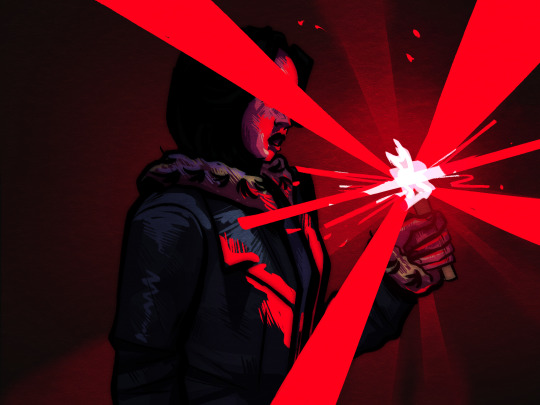
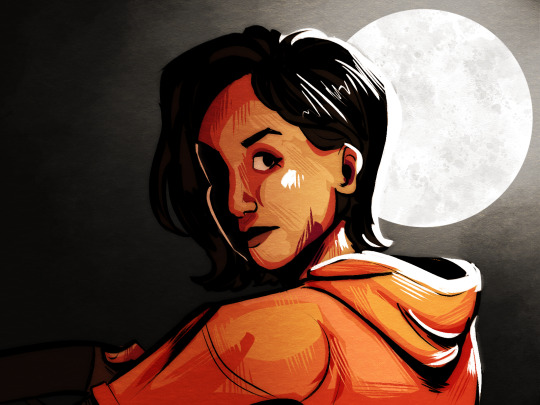
drawing a character of aapi heritage every day in may
days 1 + 2: emily davis from until dawn + kaitlyn ka from the quarry
#mine#my art#emily davis#until dawn#kaitlyn ka#the quarry#aapi heritage month#art#UD#TQ#my UD tag#my TQ tag#my emily tag#my kaitlyn tag
2K notes
·
View notes
Text








UNTIL DAWN (2024)
#josh washington#sam giddings#mike munroe#emily davis#matt taylor#jess riley#ashley brown#chris hartley#until dawn#until dawn remake#untildawnedit#tiffany's gifs#no bc this was so rushed and messy but anyway i love them#also matt sweety what have they done to your harline :/#dailygaming#gamingedit#videogameedit#gamingnetwork
813 notes
·
View notes
Text
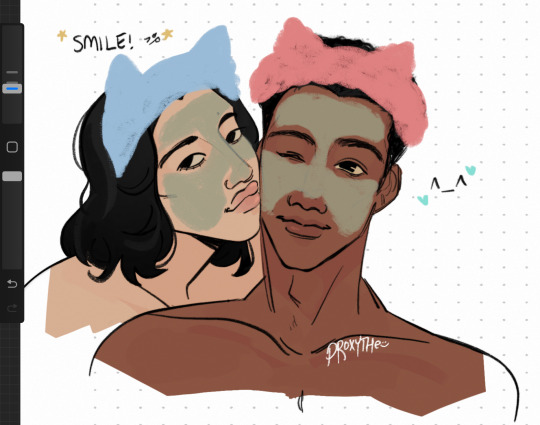
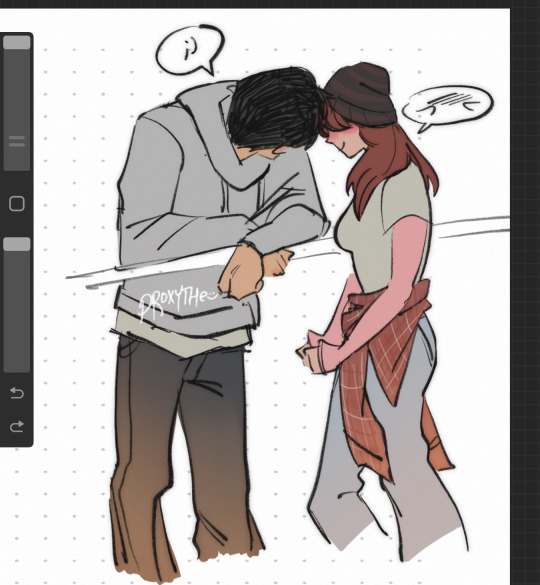
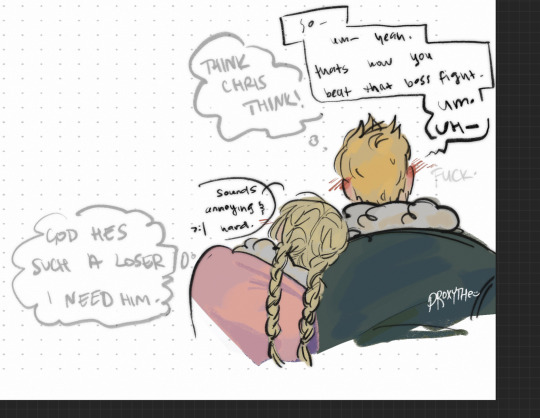
love ya
#my art#until dawn#emily davis#matt taylor#mike munroe#ashley brown#jessica riley#chris hartley#emmatt#ashmike#chrisjess#ive shipped ashmike and chrisjess for years im tired of being quiet#those are MY loser guy x popular girl & losergirl x popular guy ships
676 notes
·
View notes
Text




— character introductions comparison
#i’ll miss you complex thoughtful and loving josh#until dawn#until dawn remake#sam giddings#josh washington#mike munroe#emily davis
882 notes
·
View notes
Text

my fave certified baddies from the until dawn remake
#until dawn#until dawn remake#until dawn fanart#josh washington#until dawn josh#until dawn mike#until dawn emily#until dawn jessica#mike munroe#emily davis#jessica riley#no hate to sam mat chris or ashley though ashley was on THIN ice towards the end of the game lol#sam was great it's just these guys were my faves#i liked mike SO much more than in the original he had such a glow up#art#illustration#digital art#fanart#artists on tumblr#clip studio paint#csp#until dawn 2024
581 notes
·
View notes
Text


em
#until dawn#emily davis#until dawn remake#until dawn emily#mine#my screencaps#video game photography#virtual photography
492 notes
·
View notes
Text
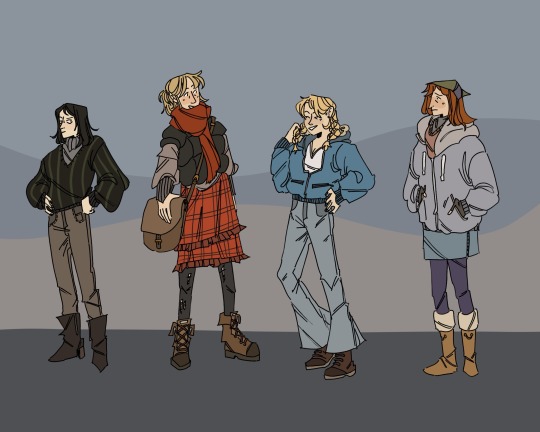
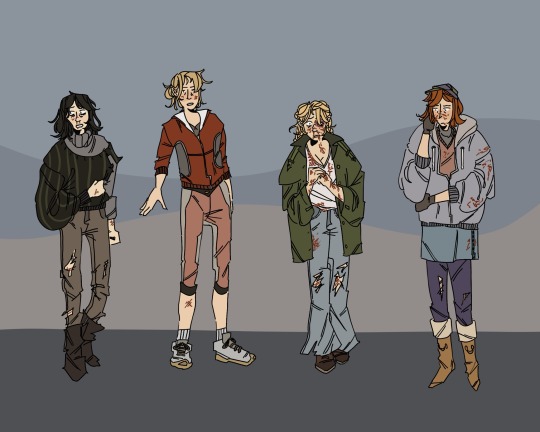
what spending a weekend in the woods does to a mf
#until dawn#until dawn fanart#emily davis#until dawn emily#sam giddings#until dawn sam#jess riley#until dawn jess#ashley brown#until dawn ashley#supermassive games#btw sam and emily are dating#they are REAL and IN LOVE#also i am the number one emily defender so sorry if u hate her but u need to leave#shes done a lot wrong and i hope she continues to be a bitch <3
2K notes
·
View notes
Text

redraw of my old Until Dawn piece from 9 years ago :D
#until dawn#josh washington#mike munroe#jessica riley#sam giddings#emily davis#chris hartley#ashley brown#matt taylor#my art
454 notes
·
View notes
Text



Ashley Chris
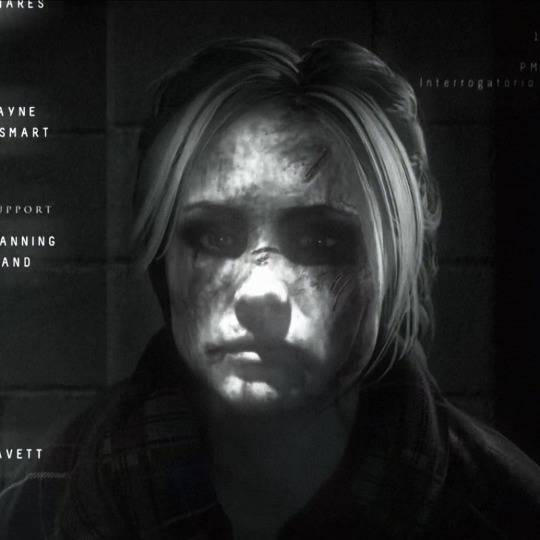
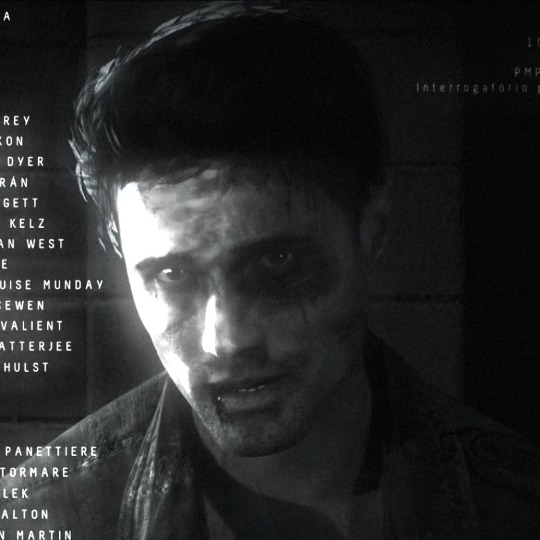
Jess Mike

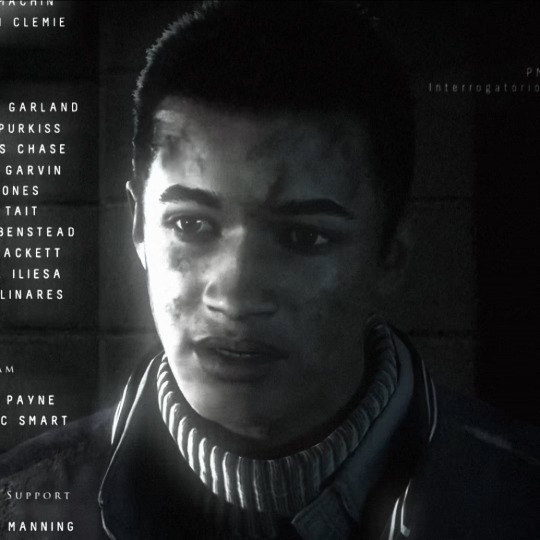
Emily Matt


Sam Josh

𝐔𝐧𝐭𝐢𝐥 𝐃𝐚𝐰𝐧 𝐂𝐡𝐚𝐫𝐚𝐜𝐭𝐞𝐫𝐬 𝐌𝐚𝐭𝐜𝐡𝐢𝐧𝐠 𝐈𝐜𝐨𝐧𝐬 ⊹ ࣪
Until Dawn (2015)
“You need to go down to the mines.”
#until dawn#until dawn remake#supermassive games#ashley brown#chris hartley#jessica riley#mike monroe#emily davis#matt taylor#sam giddings#josh washington#aesthetic#icons#messy layouts#horror games#moodboard#match icons#matching icons#pfp icons
1K notes
·
View notes